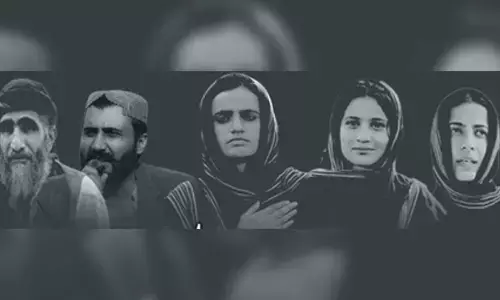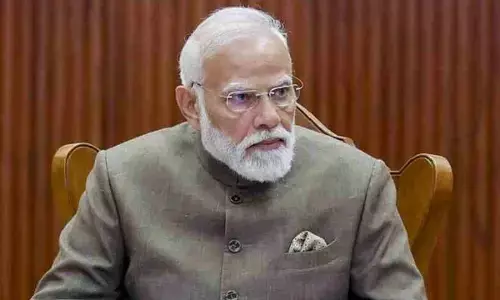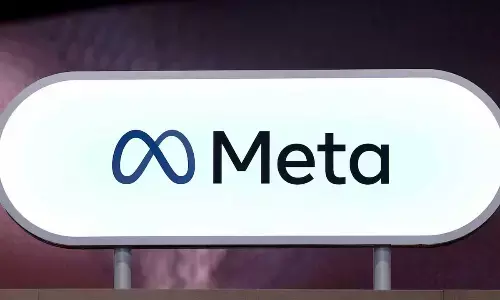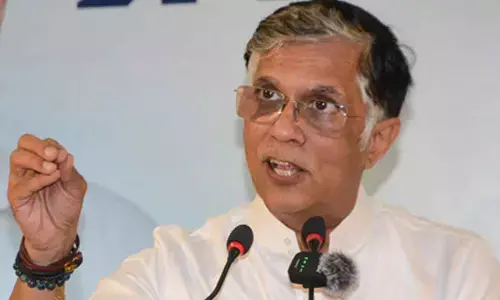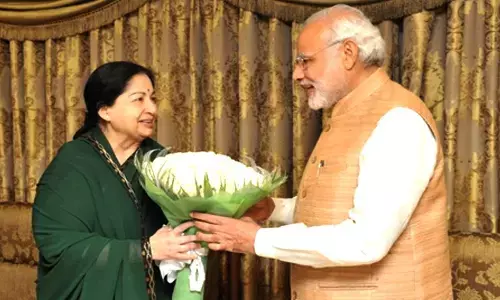Media ethics: Present and future
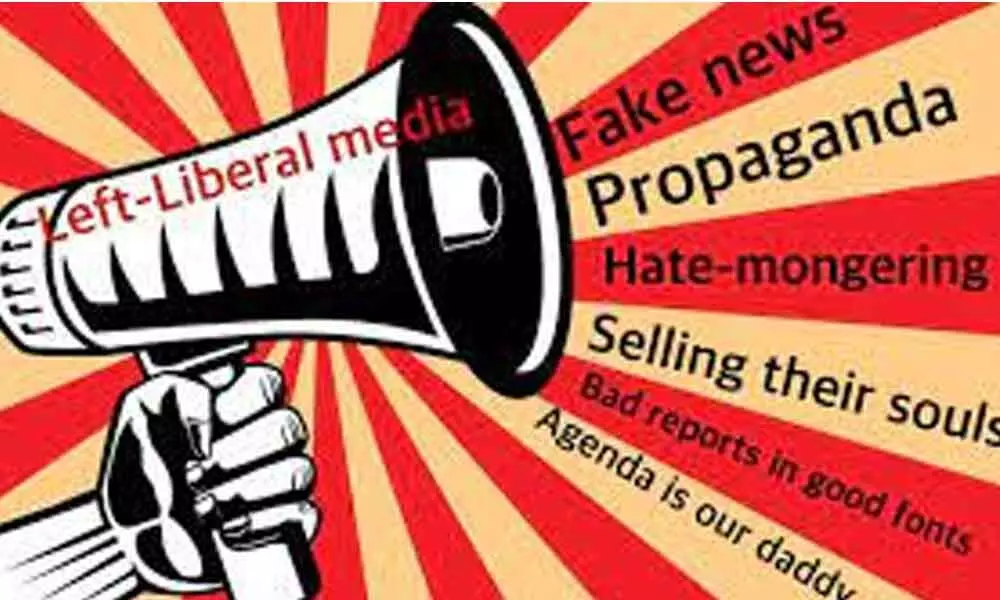
Media ethics: Present and future
Newspapers frequently over-dramatise some news stories just to sell more papers
"The biases the media has are much bigger than conservative or liberal. They're about getting ratings, about making money, about doing stories that are easy to cover
– Al Franken
Media is celebrated as the watchdog of democracy, the purveyor of necessary information and the carrier of the will of the people. Yet, the contemporary media domain is beset with numerous challenges, most of them centred around the concern of informational integrity. A poll by USA TODAY/ CNN/ Gallup found only 36 percent of Americans believe news organisations get the facts straight, compared with 54 percent in mid-1989. In the same vein, a study by the American Society of Newspaper Editors, found that 85 percent of the public believes that "newspapers frequently over-dramatise some news stories just to sell more papers." Therefore, in an era of fake news and unbridled sensationalism, a conversation on media ethics needs urgency like never before.
As Valerie Alia notes in her book, Media Ethics and Social Change, before the printing press, exchange of information was the province of religious and political elites. When the presses started rolling, there was no stopping the spread of public information and news. Later, digital journalism, which came about with the invention of personal computers in the 1970s, gave the opportunity for any individual to become a 'journalist' if they pleased. This democratisation of information consistently battled with censorship of varying sorts but we inhabit times where media itself has become a problem in some ways.
IIMC professor and course director department of English journalism Surbhi Dahiya commented for a noted publication that some news channels not only sensationalised a celebrity suicide in 2020 by sharing sensitive information and pictures but also flouted guidelines on reporting an event like this. The Press Council of India had advised media to not publish such stories prominently, not describe the methods of suicide and be sensitive in their reportage. Similarly, during the first wave of the Covid-19 pandemic, several news channels were complicit in spreading misinformation and prejudiced and hateful content against specific communities.
On a related note, important issues remain uncovered under sensationalist reportage. For instance, a study by the Center for Media and Public Affairs found the number of stories about the environment on the network news in the United States went from 377 in 1990 and 220 in 1991 to only 106 in 1998 and 131 in 1999. At the same time, the number of stories about entertainment soared from 134 in 1990 and 95 in 1991, to 221 stories in 1998, and 172 in 1999. Accuracy of information and journalistic integrity take a back seat in an economy of sensationalism where for the sake of ratings, popularity and propaganda, media becomes a tool in the hands of parties with vested interests.
To battle these troubles, ethics in the media become irreplaceably significant. Valerie Alia remarks that journalism is ethical to the extent that it tells as much truth as possible. It avoids ethnocentric bias that skews truth telling, and includes a range of observation that provides a context for the 'factual' information reported about people and events. Ethics as moral rules of conduct that guide actions can be exceptionally effective in the journalistic world. On one hand, they delineate the purpose in the profession, to tell the truth and serve people – on the other, they demarcate the limits of reaping profits and gaining short-term political power. For instance, a news channel playing propaganda for a specific government will lose credibility upon repeated misinformation and will lose the backing of authority upon a change in regime. An independent, effective news portal, however, will always enjoy endorsement based on its unadulterated work.
Media ethics also need to be reinstated by the consumers themselves. By flagging media portals broadcasting fake news or insensitive reportage, countering false narratives with social media, compelling sponsors to draw funds back and boycotting channels, the public can demand its due from the world of media – free access to accurate and crucial information. Furthermore, rejecting spurious and problematic content, the public can induce news channels and media portals into necessary self-regulation.
Media consumption is not simply an irreplaceable part of our everyday but also a phenomenon which shapes opinions, values and culture. Ethical media, then, is most necessary for a potent and suitable realisation of the potential medial transmission has. Consequently, ethics have to be instilled in the broadcasters and creators of news as well as consolidated by us. It is the key to a future of informational integrity and we must clinch it.
(The author is Founder Upsurge Global and President SAHE (Society for Advancement of Human Endeavour)


